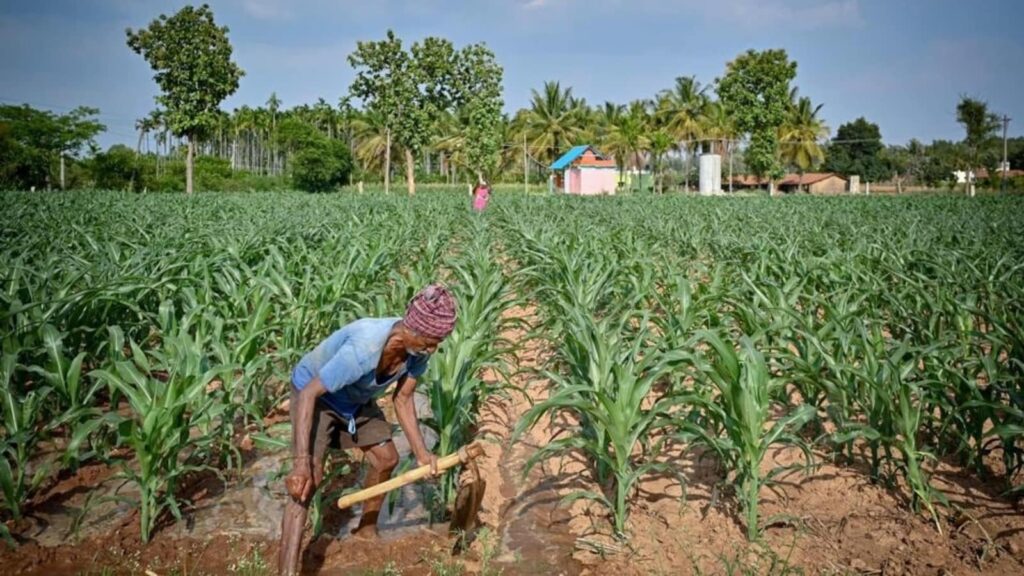The Centre has signed off on a plan to procure maize, or corn, at minimum support prices (MSP) to incentivise more farmers to grow it enough to meet the country’s biofuel needs affordably. Maize has emerged as a key commercial crop in the country because of its use in making ethanol, which is blended with petrol. It is also a major poultry feed. Therefore, apart from being food and feed, its industrial use makes it a lucrative crop that can benefit farmers with a bigger market provided they get the right price. The government’s decision will help to reduce the dependence on sugar or staples, such as broken rice and full-grain rice, which are also primary sources for making ethanol. Having more viable sources than just cane and its byproducts, such as cane syrup and molasses or rice for ethanol-making is strategically important, both from a food security point of view and for India’s ambitious push to achieve 20% ethanol blending with petrol by 2025-26, a target known as E20. Achievement of the E20 goal will help to bring down India’s oil import bill substantially, resulting in crucial savings in India’s dollar reserves.
Nearly 25% of the country’s ethanol is made from cane juice, while another 50% comes from molasses, and the rest comes from grains, such as rice and maize. Last Friday, the government halted the diversion of cane juice for making ethanol because of an anticipated 40% dip in cane output in Maharashtra and Karnataka, two major cane-producing states. Food security and price stability are critical objectives for the government, and it will have to tread carefully not to upset the current balance in the utilisation of grains such as maize. Large-scale diversion of food for fuel can be a threat to food security.

